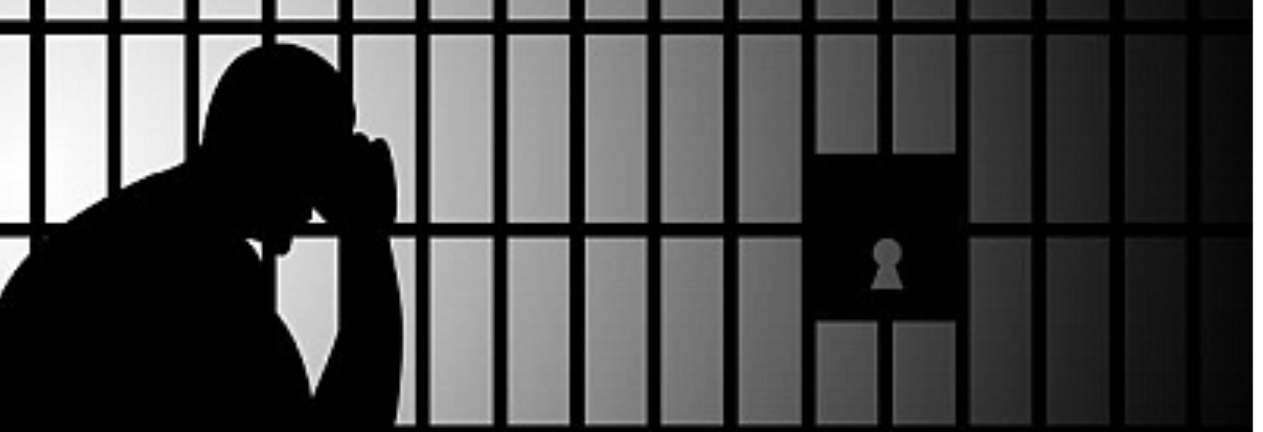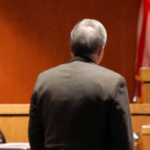Proving Ineffective Assistance of Counsel Can Be a Daunting Burden
The judges at the Michigan Court of Appeals will bend over backward to keep a conviction intact, and they will resist finding that a defense lawyer provided ineffective assistance.

Michigan Attorneys for Criminal Appeals
Many aggrieved individuals call LEWIS & DICKSTEIN, P.L.L.C. to inquire about appealing their felony or misdemeanor convictions. Although we handle appeals throughout the State of Michigan, many of these inquiries involve a complaint made against a Criminal Defense Attorney and relate to a conviction or sentencing issue in Oakland, Wayne, Macomb, Washtenaw, or Livingston County. In most cases, an individual looking to appeal a conviction will have a claim for ineffective assistance of counsel.
A frequent claim is that the criminal attorney handling the trial was not “effective” or was in some way inadequate. Some of these issues involve a person who feels the trial lawyer was not aggressive or experienced as they believed at the initial consultation. Many, but not all, of these complaints are not sustainable. When there is a genuine issue of a criminal attorney’s competence or effectiveness at trial, Michigan’s appellate courts follow a strict test in criminal cases. Any claim of ineffective assistance of counsel is based upon various constitutional rights.
Most Ineffective Assistance of Counsel Claims involve the 6th Amendment.
The Sixth Amendment, as applied to states by the Fourteenth Amendment, guarantees that the accused in a criminal prosecution “shall enjoy the right . . . to have the Assistance of Counsel for his defense.” US Const, Am VI; People v Russell, 471 Mich 182, 187; 684 NW2d 745 (2004). This right to counsel “extends to all ‘critical’ stages of the proceedings where counsel’s absence might harm defendant’s right to a fair trial.” People v Burhans, 166 Mich App 758, 764; 421 NW2d 285 (1988), citing United States v Wade, 388 US 218, 228; 87 S Ct 1926; 18 L Ed 2d 1149 (1967). “The right to counsel attaches and represents a critical stage ‘only at or after the initiation of adversary judicial proceedings against the accused by way of a formal charge, preliminary hearing, indictment, information or arraignment.’” People v Anderson, 446 Mich 392, 402; 521 NW2d 538 (1994). “It is well established that a total or complete deprivation of the right to counsel at a critical stage of a criminal proceeding is a structural error requiring automatic reversal.” People v Willing, 267 Mich App 208, 224; 704 NW2d 472 (2005).
To achieve a reversal of a criminal conviction based upon a claim of ineffective assistance of counsel, a defendant must meet the two-part test stated by the United States Supreme Court in Strickland v Washington, 466 US 668; 104 S Ct 2052; 80 L Ed 2d 674 (1984). People v Carbin, 463 Mich 590, 599–600; 623 NW2d 884 (2001).
First, the defendant must show that his counsel’s performance was so deficient “that counsel was not functioning as the ‘counsel’ guaranteed the defendant by the Sixth Amendment.” Strickland, 466 US at 687. To do so, a defendant must show that his counsel’s performance “fell below an objective standard of reasonableness” under prevailing professional norms. Id. at 687- 688. A Michigan appellate court will presume that counsel rendered adequate assistance. Id. at 690.
Second, the defendant must show that his counsel’s deficient performance prejudiced his defense. Id. at 687. Prejudice in the context of a criminal appeal means that a “defendant must show that there is a reasonable probability that, but for counsel’s unprofessional errors, the result of the proceeding would have been different.” Id. at 694.

It takes strong advocates to persuade the Michigan Court of Appeals that a trial lawyer was so ineffective that a conviction should be reversed.
As you can see, the burden to win a reversal based upon ineffective assistance of counsel is quite high. The courts will give great deference to a criminal trial lawyer’s “strategy” at trial. Despite the difficulties in winning an appeal relative to this type of claim, some cases are reversed on appeal based upon claims of ineffective assistance of counsel. A very experienced, aggressive appellate lawyer with many years of experience handling criminal defense cases would maximize a person’s chances of being victorious at the Michigan Court of Appeals.
Cases where there are frequent claims of ineffective assistance of counsel based upon trial errors and sentencing issues (too much jail, probation, or prison, for example), include domestic violence, drug charges (controlled substances such as prescription medicine and cocaine frequently), assault cases, weapons charges, OWI, child abuse, criminal sexual conduct, retail fraud (shoplifting), probation violation, financial crimes (fraud and embezzlement) and larceny (from a person or in a building).

Effective Defense Attorneys at Trial and on Appeal
The Defense Team with LEWIS & DICKSTEIN, P.L.L.C. has a proven track record and decades of experience successfully defending clients when charged with felony or misdemeanor offenses and on appeal. We will do whatever it takes to give our clients the best possible chance of winning. If there is a way to get charges dismissed or to overturn a conviction, we will stop at nothing to make it happen, if possible. If you need top-notch representation from seriously experienced, respected attorneys, you are in the right place.
Call us today at (248) 263-6800 for a free consultation or complete an online Request for Assistance Form. We will contact you promptly and find a way to help you.











